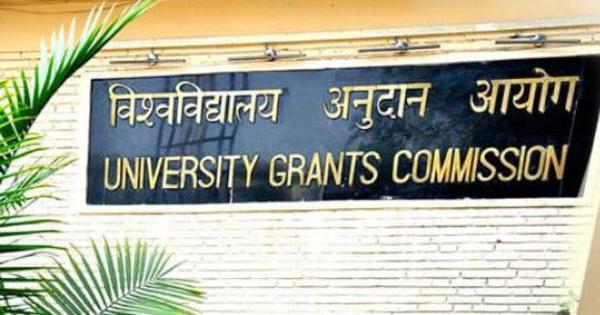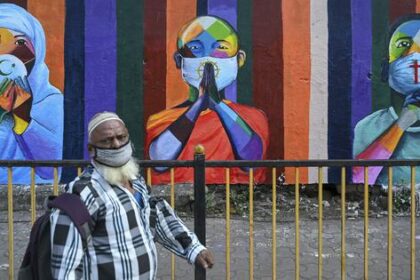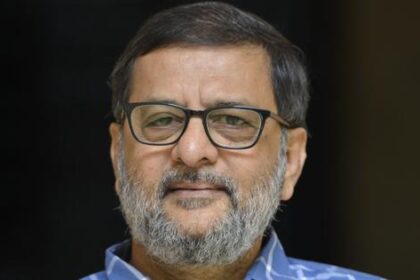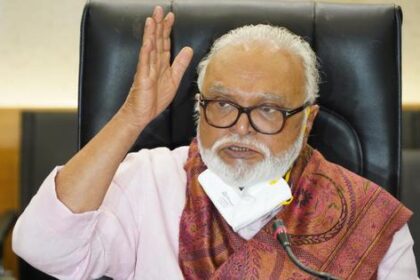Concerns raised over ideological content and academic autonomy in proposed educational guidelines.
The Kerala government has dismissed the University Grants Commission’s draft curriculum framework, voicing serious reservations about its content and implications. The framework, released in August for nine subjects, was intended to gather public feedback. However, Kerala’s Higher Education Minister R Bindu characterized the draft as “regressive, unscientific,” and aligned with the ideological interests of the Sangh Parivar, a collective of Hindutva organizations associated with the Rashtriya Swayamsevak Sangh, the parent body of the Bharatiya Janata Party.
Minister Bindu specifically pointed out examples of ideological bias within the framework, such as the inclusion of concepts like “Ram Rajya,” which links the ideal reign of the Hindu deity Ram with corporate social responsibility and environmental governance. She expressed concerns that such an agenda could foster intolerance and unrest in academic institutions across the state.
A state government panel, led by economist Prabhat Patnaik, conducted a review and concluded that the proposed Learning Outcomes-based Curriculum Framework does not meet the intellectual and disciplinary standards expected of university-level education. This panel included prominent figures such as historian Romila Thapar and Rajan Gurukkal, vice chairman of the Kerala State Higher Education Council. The committee has submitted a comprehensive critique to the Union education ministry, stating that the framework would not be adopted in Kerala.
The findings of the panel, released publicly on Thursday, highlighted that the framework infringes upon the autonomy of universities in a manner that is unprecedented both globally and within India. The report described the document as an amalgamation of content derived from British and American textbooks, which fails to address the exploitative role of imperialism in the historical context of Indian society.
Additionally, the panel criticized the draft framework for its “Hindu-exclusivist perception” of the Indian knowledge system. Romila Thapar, serving as a special invitee to the committee, raised alarms about the potential decline in academic quality, suggesting that it risks reducing higher education to mere rote learning. She pointed out that the draft lacks a clear definition or analytical framework for the term “Indian knowledge system,” which is used ambiguously throughout the document.
Thapar also noted that even if some texts were composed in Sanskrit, there was significant intellectual exchange on proto-science across various regions, including India, West Asia, Central Asia, and China during the first and early second millennia AD. She emphasized that such ideas cannot be confined to geographical boundaries or religious origins. This critique by the Kerala government and its panel underscores a growing apprehension regarding the ideological underpinnings of educational frameworks and their impact on academic integrity and diversity in the state’s higher education system.








